Circa 26,000 kilometres from new 1988 Porsche 959 Komfort Chassis no. WPOZZZ95ZJS900207• One of only 292 built in period • Special order Komfort interior • Delivered new to Middle Eastern royalty • Recent major service by Centro Porsche Padua • Registered in Germany Footnotes"This is a ferociously fast machine once the engine wakes up. It emits a lovely wail which is never intrusive, and through the mountains the Porsche feels fast and composed." - Octane magazine on the Porsche 959. Conceived in the early 1980s as a four-wheel-drive Group B competitor that would showcase Porsche's advanced automotive technology, the '959' was first displayed in 'concept car' form at the 1983 Frankfurt Motor Show, and despite the subsequent abandonment of the events for which it had been intended, entered limited production a couple of years later. Two versions were offered: 'Sport' and 'Komfort', their names reflecting each model's level of interior trim. Representing the ultimate in automobile design, the 959 successfully adapted state-of-the art racing technology for road use, and even today its specification remains unparalleled. At the car's heart was a unique, 2,849cc version of the classic, six-cylinder, air-cooled 'boxer' engine equipped with water-cooled, double-overhead-camshaft, four-valve cylinder heads. The latter had been developed initially for the 1981 Le Mans-winning 936 and were further refined on the even more successful 956/962 that triumphed at La Sarthe every year from 1982 to 1987. In 959 specification this formidable twin-turbo-charged unit produced 450bhp, an output which, combined with the lightweight part-composite body's drag coefficient of just 0.32, proved sufficient to propel the 959 past 195mph and onto the front rank of all-time supercars. Indeed, at the time of its introduction the 959 was the world's fastest street-legal production car, despite the weight penalty associated with its complex transmission and other exotic features. The 959's sophisticated four-wheel-drive six-speed transmission paved the way for that of the Carrera 4; computer controlled, it provided variable torque split with alternative programmes for dry, wet, icy or off-road conditions. There was double wishbone suspension all round, with electrically controlled ride height adjustment; the ABS brakes delivered race-car levels of retardation and the run-flat tyres were monitored for pressure loss, all of which made for a car faster than just about anything else on the road yet, in the best Porsche tradition was comfortable, practical and reliable. With its electric windows and mirrors, climate control, electrically heated seats and superb stereo system, the 959 Komfort rivalled many a limousine for luxury. While other supercar manufacturers' offerings were uncompromisingly raw, uncomfortable and hard work to drive, the Porsche 959 managed to surpass them all, combining breathtaking performance with a smooth ride, light controls and full interior equipment (in the Komfort). Rumour has it that Porsche sold the 959 for far less than it cost to produce, regarding the model as a showcase for its engineering expertise. In the UK the 959 was priced at around £145,000 when new (less than half what it cost Porsche to build each one) though speculators drove the price considerably higher. Although its Group B raison d'être had ceased to exist, the Porsche 959 did achieve one major competition victory, René Metge and Dominique Lemoyne winning the gruelling Paris-Dakar Rally in 1986 in their works 959 with similar cars in 2nd and 6th places, while the race-developed 961 variant finished 7th overall at Le Mans that year, winning the IMSA GT2 class and headed only by Group C Porsches, an amazing result for a production based car. In total, fewer than 300 of these exclusive supercars were made in period - the official factory figure is 292, while a further eight were assembled by the factory using the spares stock in 1992/1993. Equipped with the optional K
Circa 26,000 kilometres from new 1988 Porsche 959 Komfort Chassis no. WPOZZZ95ZJS900207• One of only 292 built in period • Special order Komfort interior • Delivered new to Middle Eastern royalty • Recent major service by Centro Porsche Padua • Registered in Germany Footnotes"This is a ferociously fast machine once the engine wakes up. It emits a lovely wail which is never intrusive, and through the mountains the Porsche feels fast and composed." - Octane magazine on the Porsche 959. Conceived in the early 1980s as a four-wheel-drive Group B competitor that would showcase Porsche's advanced automotive technology, the '959' was first displayed in 'concept car' form at the 1983 Frankfurt Motor Show, and despite the subsequent abandonment of the events for which it had been intended, entered limited production a couple of years later. Two versions were offered: 'Sport' and 'Komfort', their names reflecting each model's level of interior trim. Representing the ultimate in automobile design, the 959 successfully adapted state-of-the art racing technology for road use, and even today its specification remains unparalleled. At the car's heart was a unique, 2,849cc version of the classic, six-cylinder, air-cooled 'boxer' engine equipped with water-cooled, double-overhead-camshaft, four-valve cylinder heads. The latter had been developed initially for the 1981 Le Mans-winning 936 and were further refined on the even more successful 956/962 that triumphed at La Sarthe every year from 1982 to 1987. In 959 specification this formidable twin-turbo-charged unit produced 450bhp, an output which, combined with the lightweight part-composite body's drag coefficient of just 0.32, proved sufficient to propel the 959 past 195mph and onto the front rank of all-time supercars. Indeed, at the time of its introduction the 959 was the world's fastest street-legal production car, despite the weight penalty associated with its complex transmission and other exotic features. The 959's sophisticated four-wheel-drive six-speed transmission paved the way for that of the Carrera 4; computer controlled, it provided variable torque split with alternative programmes for dry, wet, icy or off-road conditions. There was double wishbone suspension all round, with electrically controlled ride height adjustment; the ABS brakes delivered race-car levels of retardation and the run-flat tyres were monitored for pressure loss, all of which made for a car faster than just about anything else on the road yet, in the best Porsche tradition was comfortable, practical and reliable. With its electric windows and mirrors, climate control, electrically heated seats and superb stereo system, the 959 Komfort rivalled many a limousine for luxury. While other supercar manufacturers' offerings were uncompromisingly raw, uncomfortable and hard work to drive, the Porsche 959 managed to surpass them all, combining breathtaking performance with a smooth ride, light controls and full interior equipment (in the Komfort). Rumour has it that Porsche sold the 959 for far less than it cost to produce, regarding the model as a showcase for its engineering expertise. In the UK the 959 was priced at around £145,000 when new (less than half what it cost Porsche to build each one) though speculators drove the price considerably higher. Although its Group B raison d'être had ceased to exist, the Porsche 959 did achieve one major competition victory, René Metge and Dominique Lemoyne winning the gruelling Paris-Dakar Rally in 1986 in their works 959 with similar cars in 2nd and 6th places, while the race-developed 961 variant finished 7th overall at Le Mans that year, winning the IMSA GT2 class and headed only by Group C Porsches, an amazing result for a production based car. In total, fewer than 300 of these exclusive supercars were made in period - the official factory figure is 292, while a further eight were assembled by the factory using the spares stock in 1992/1993. Equipped with the optional K
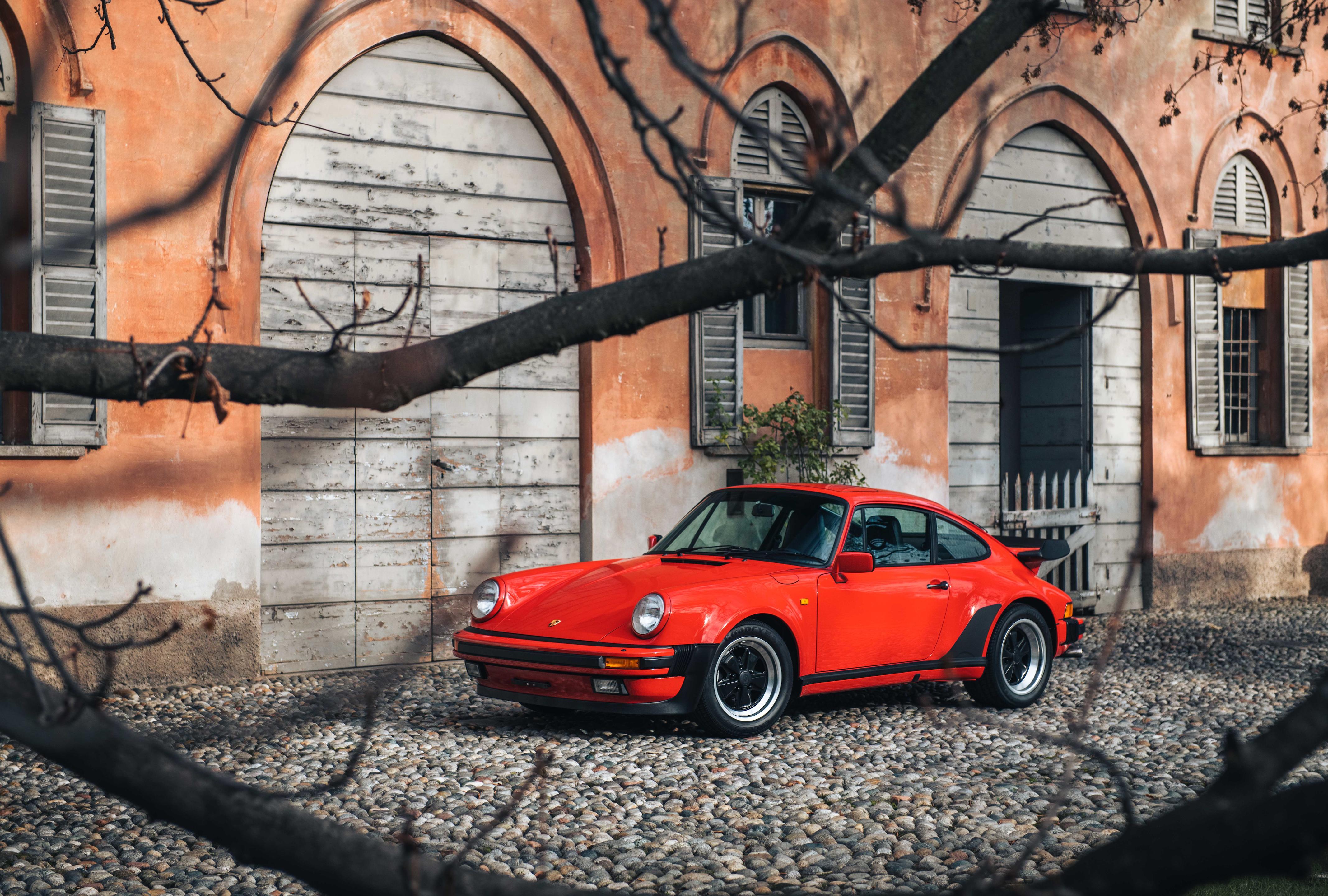

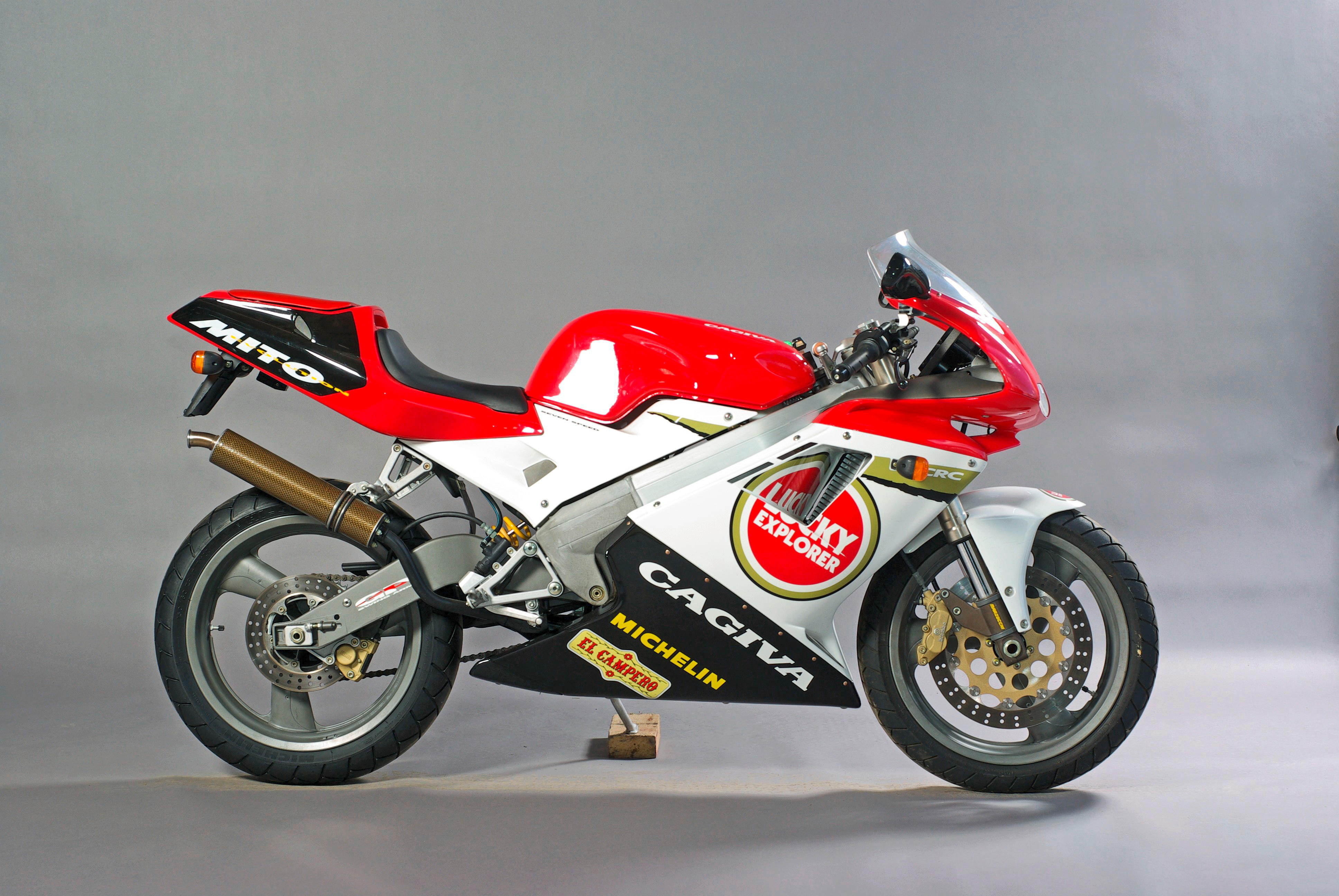
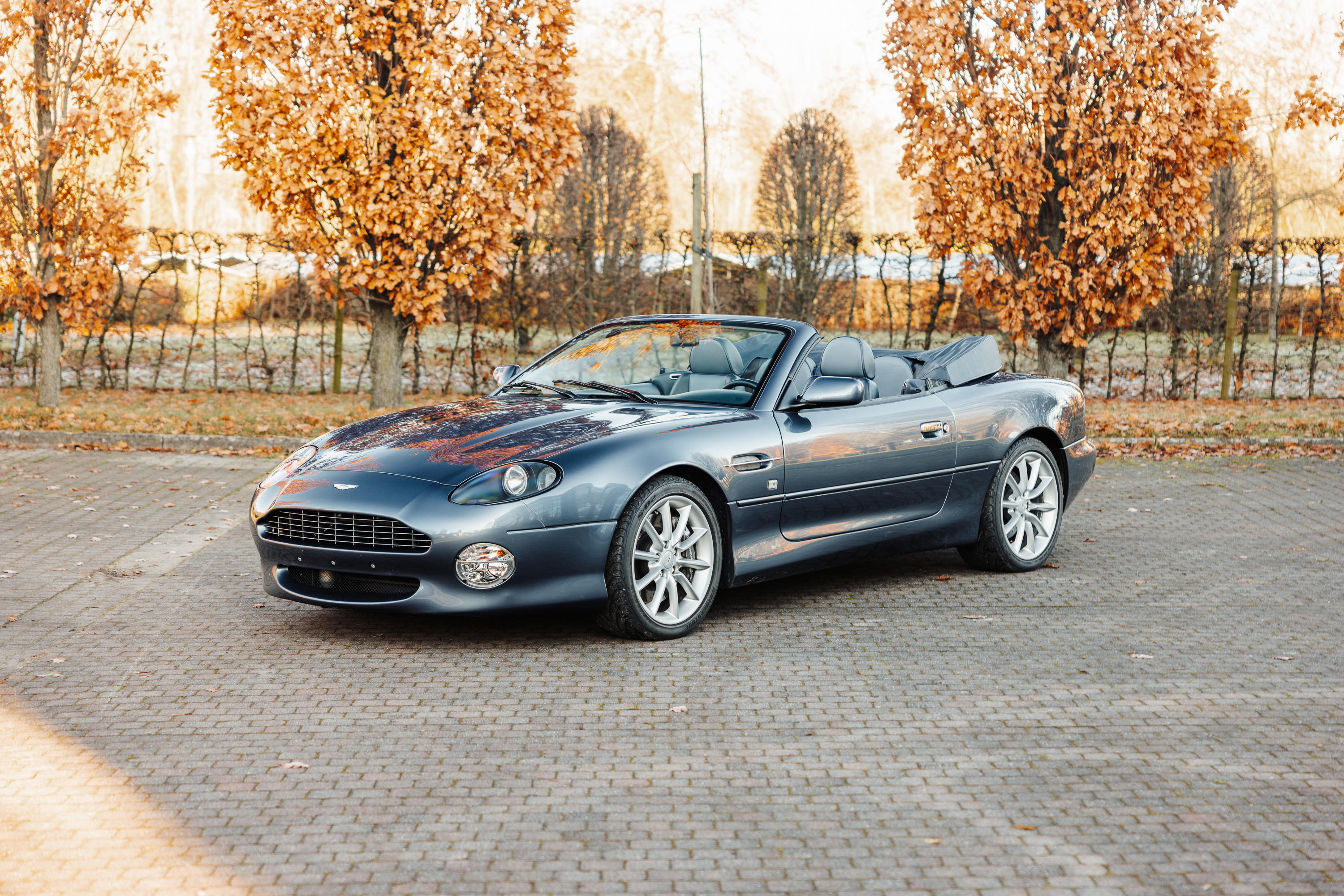
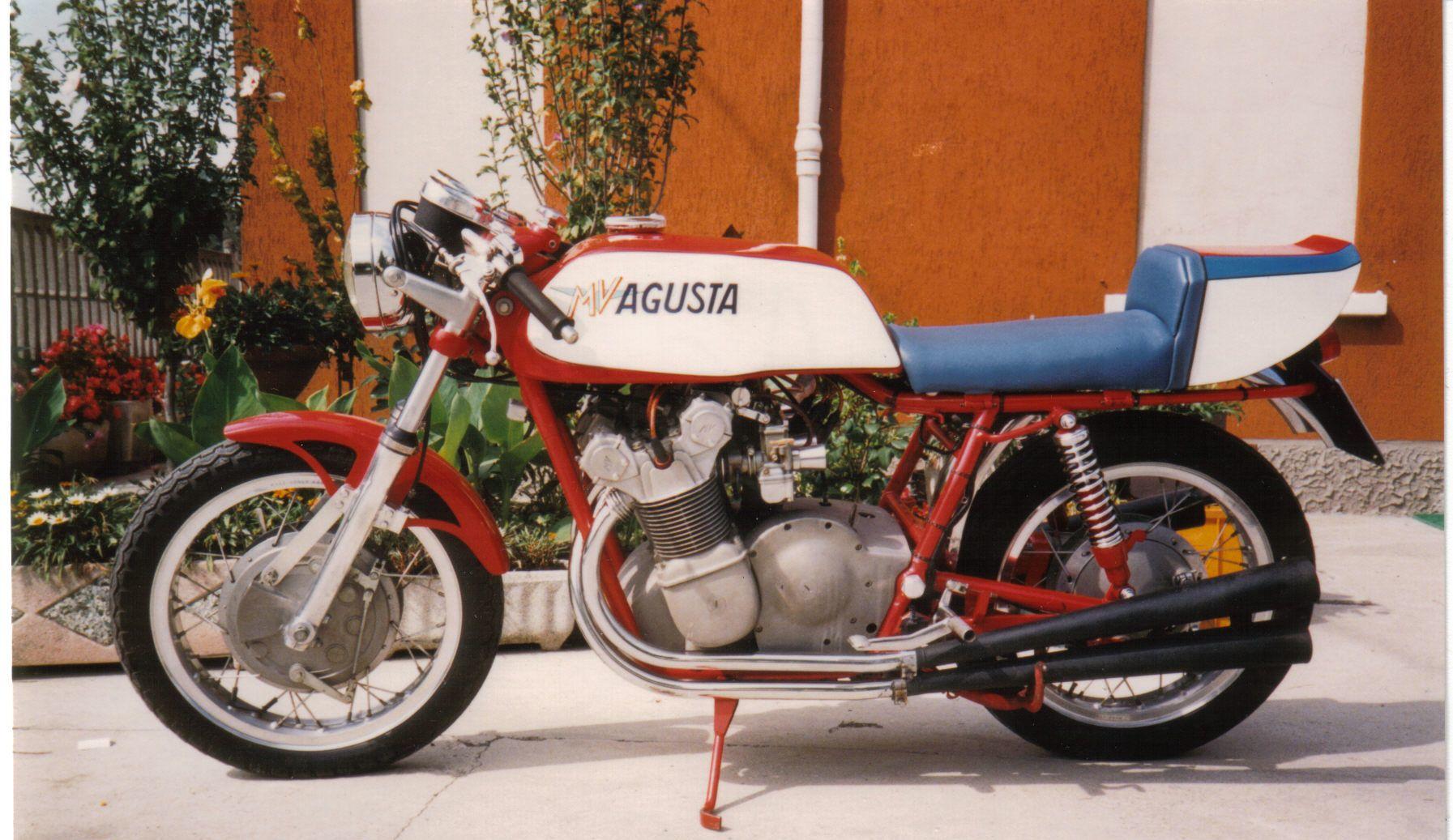
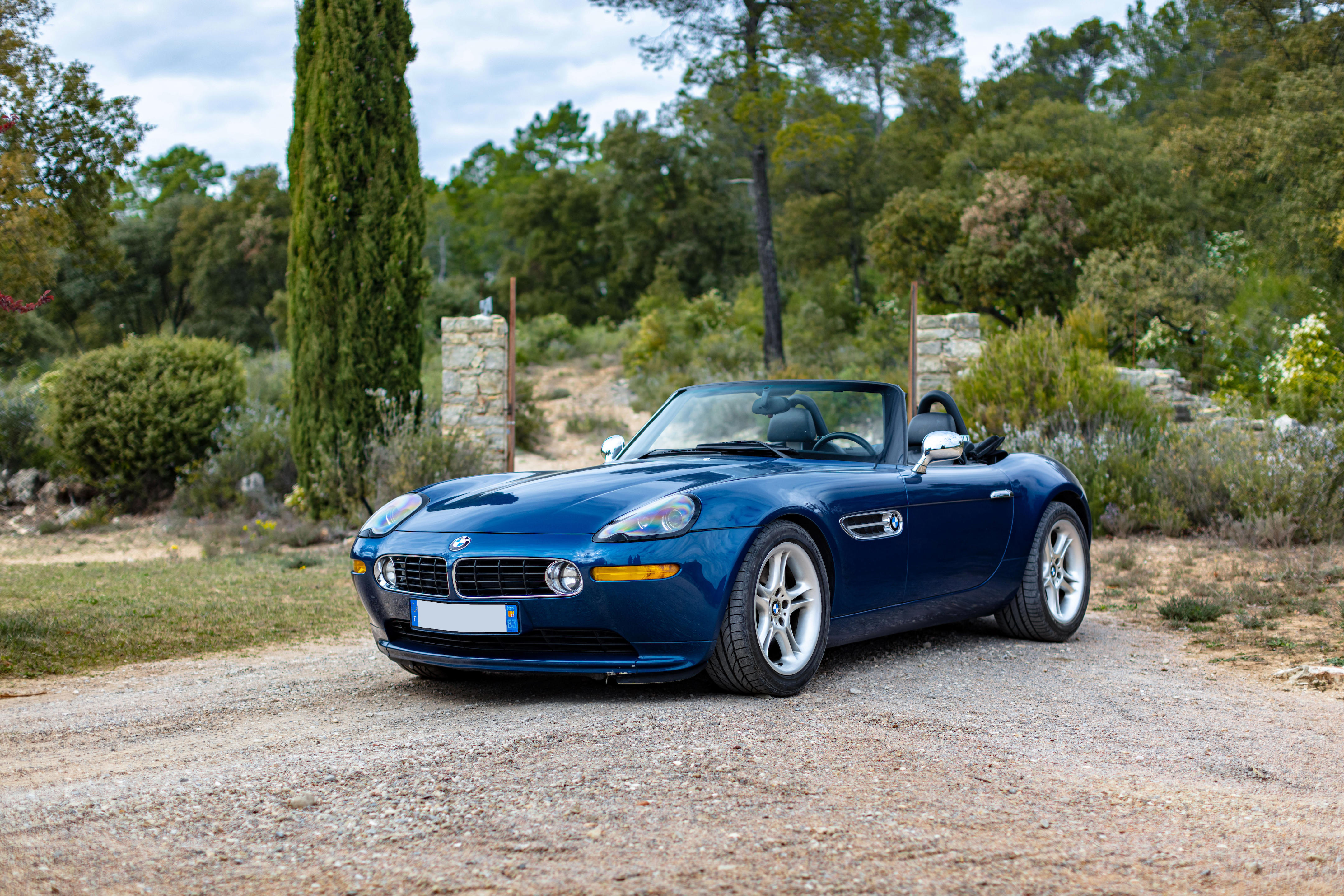
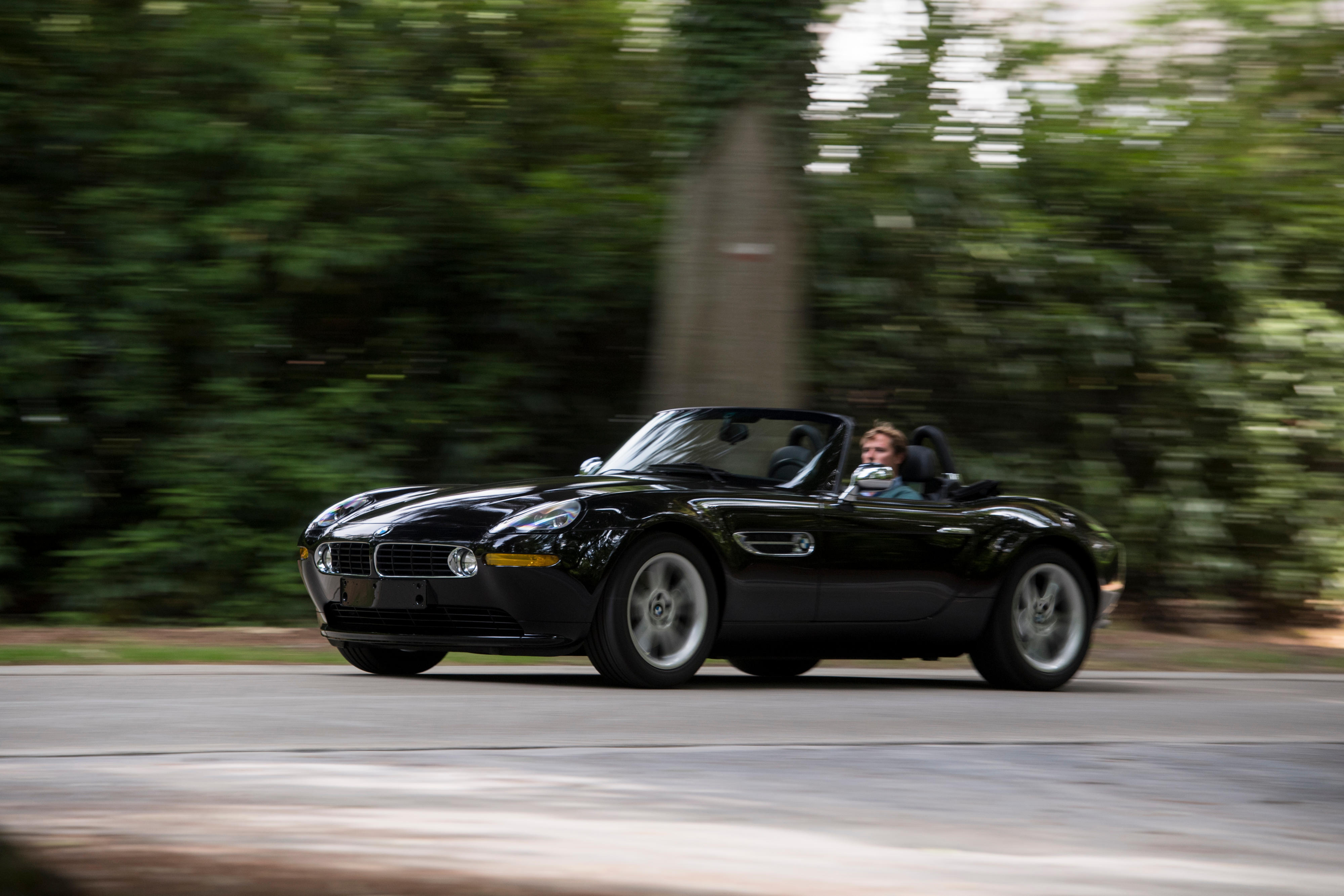
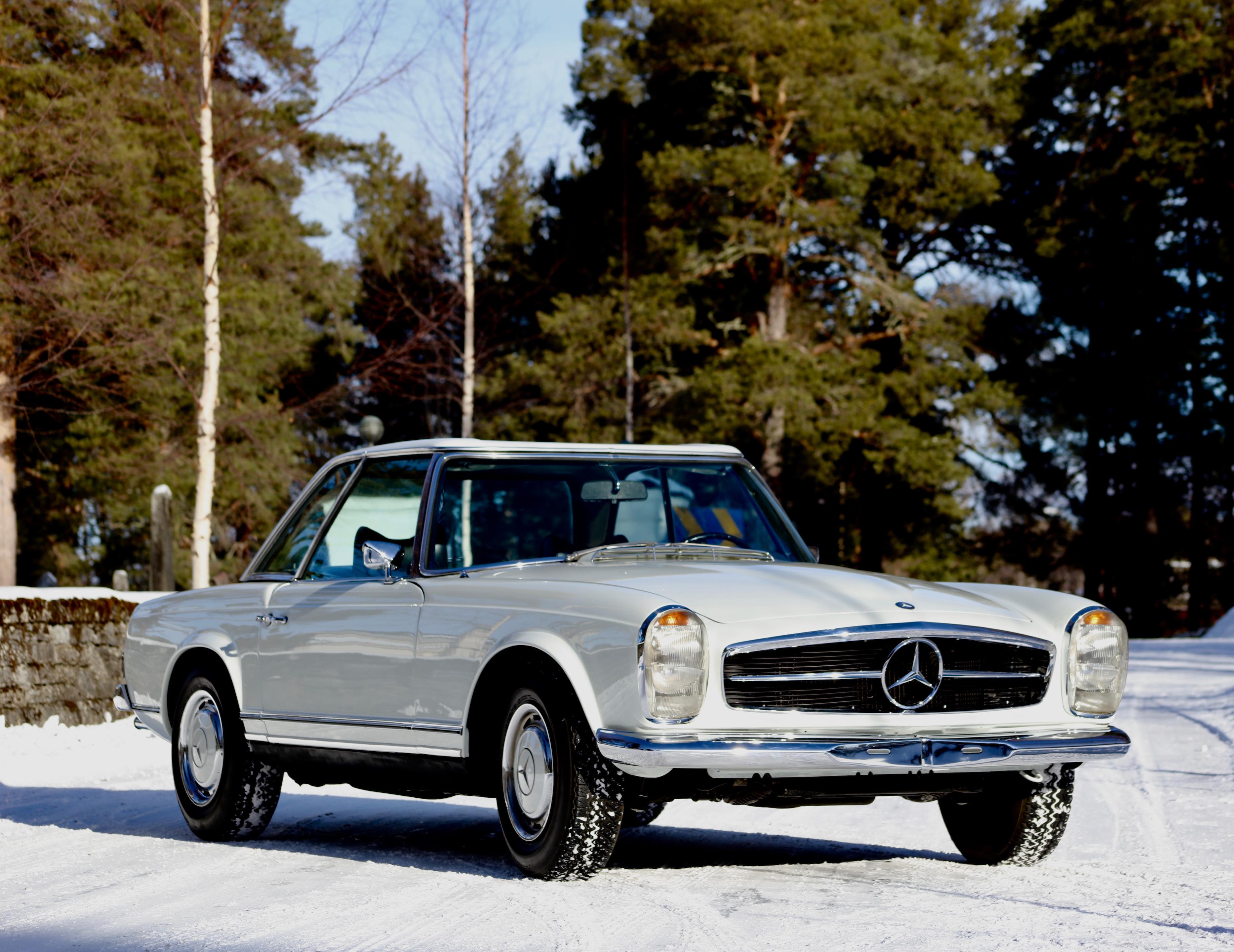
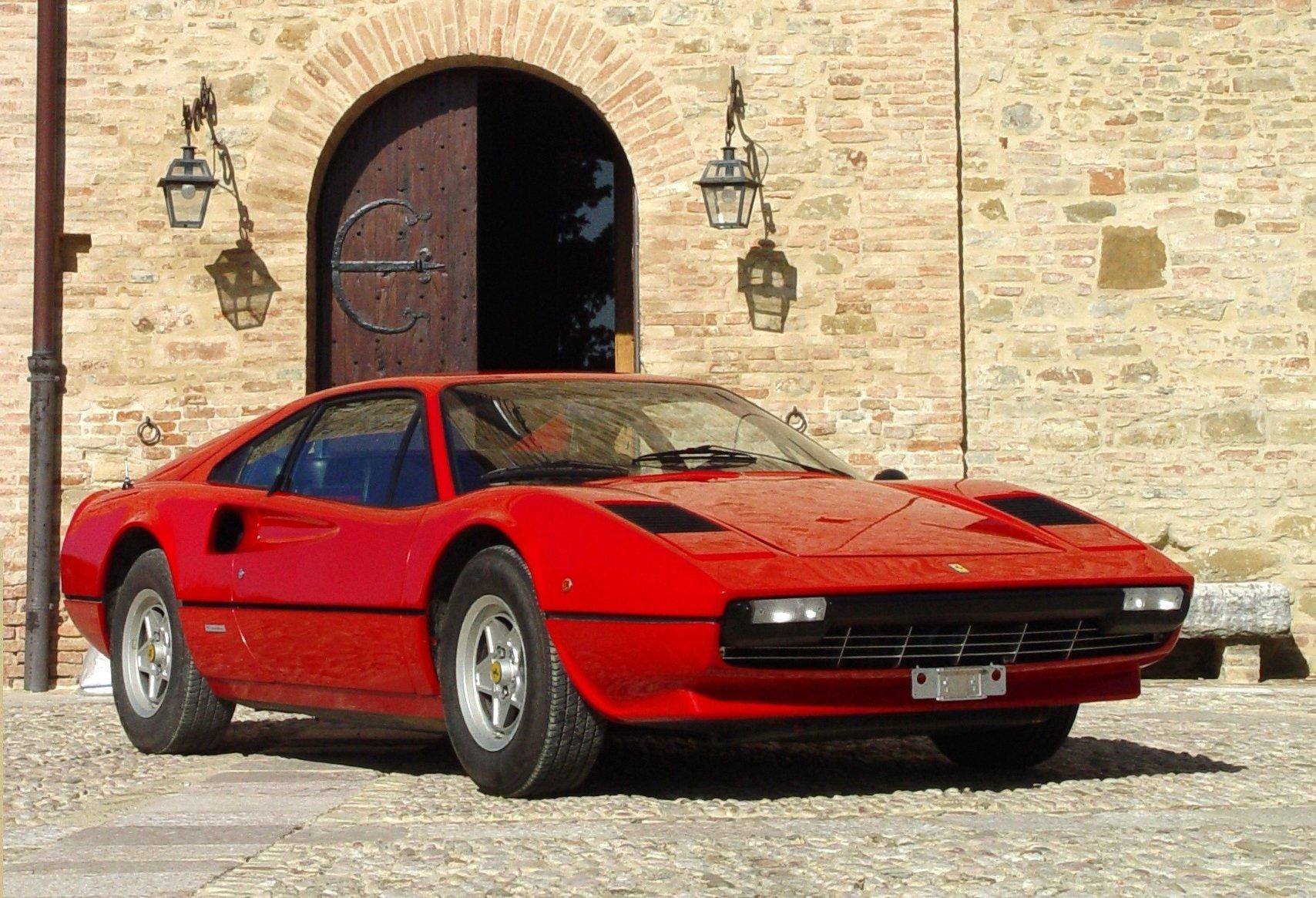
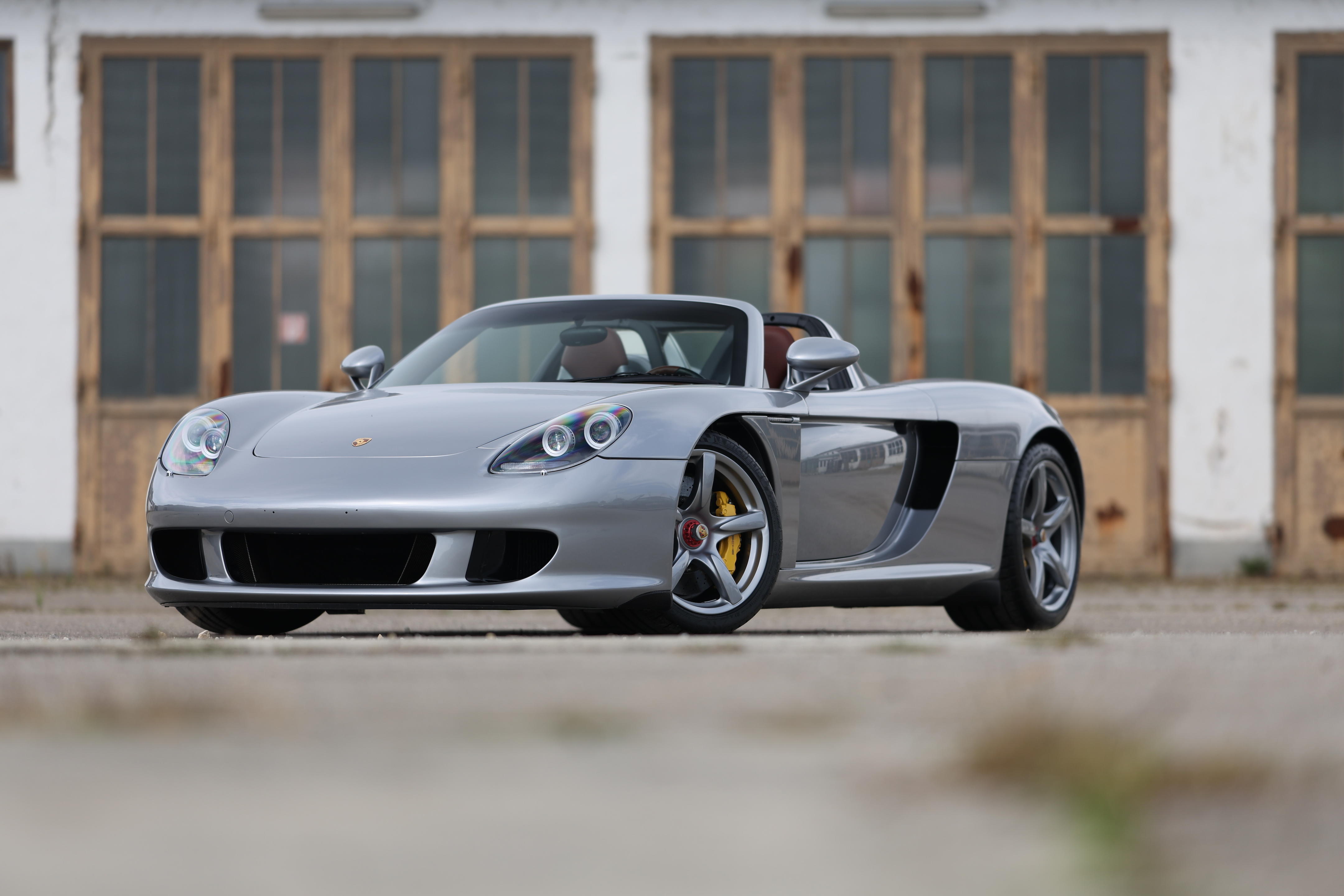
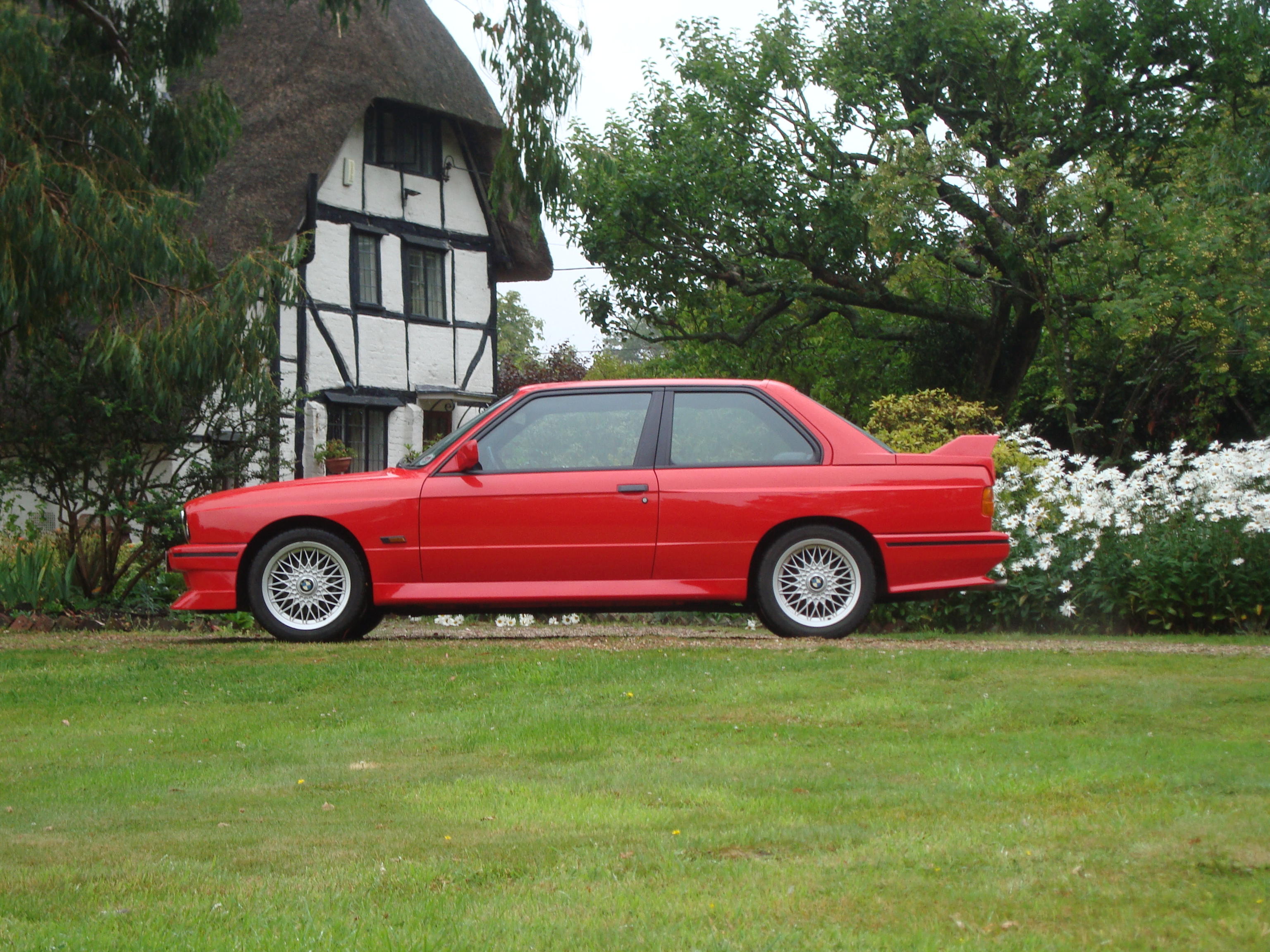
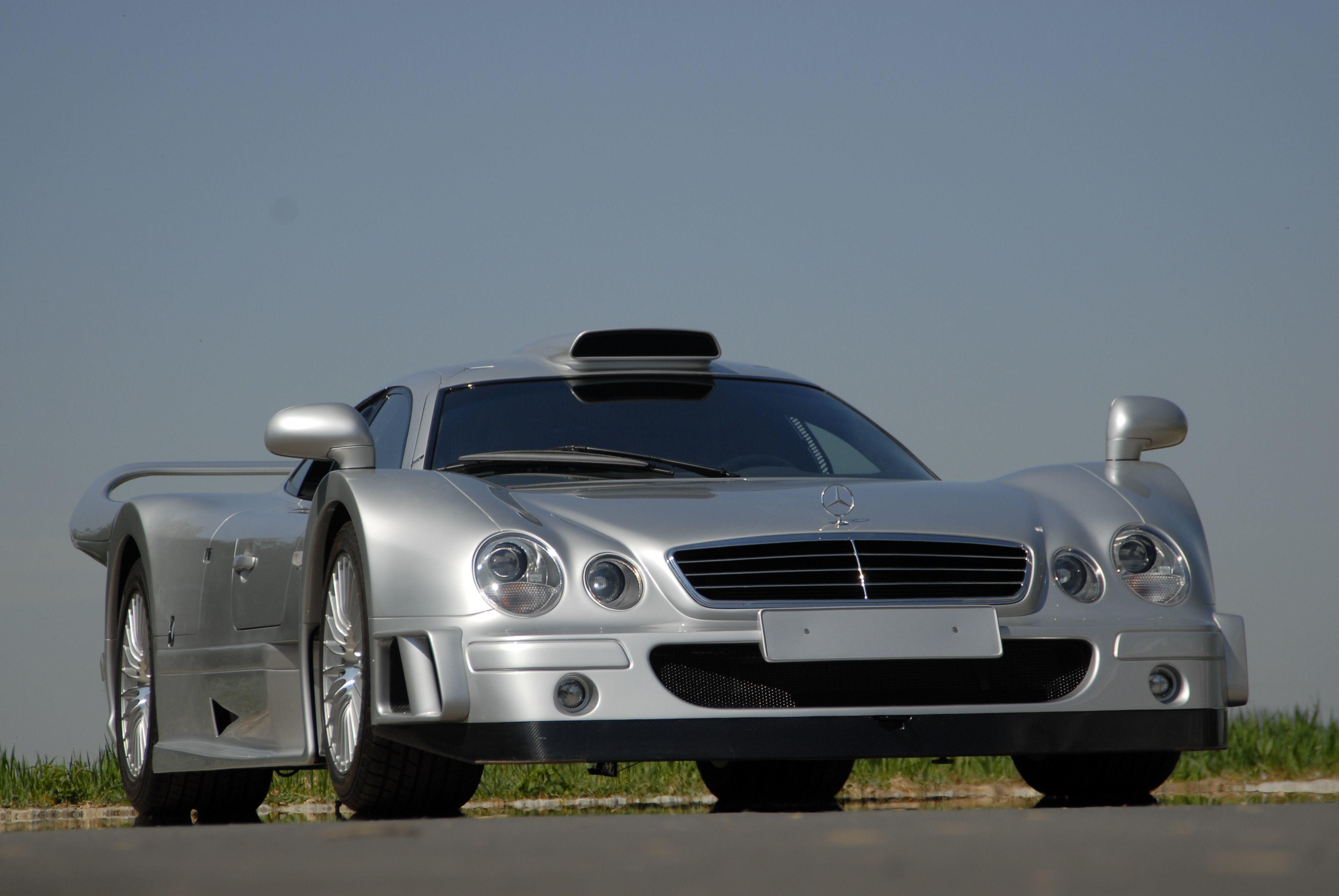
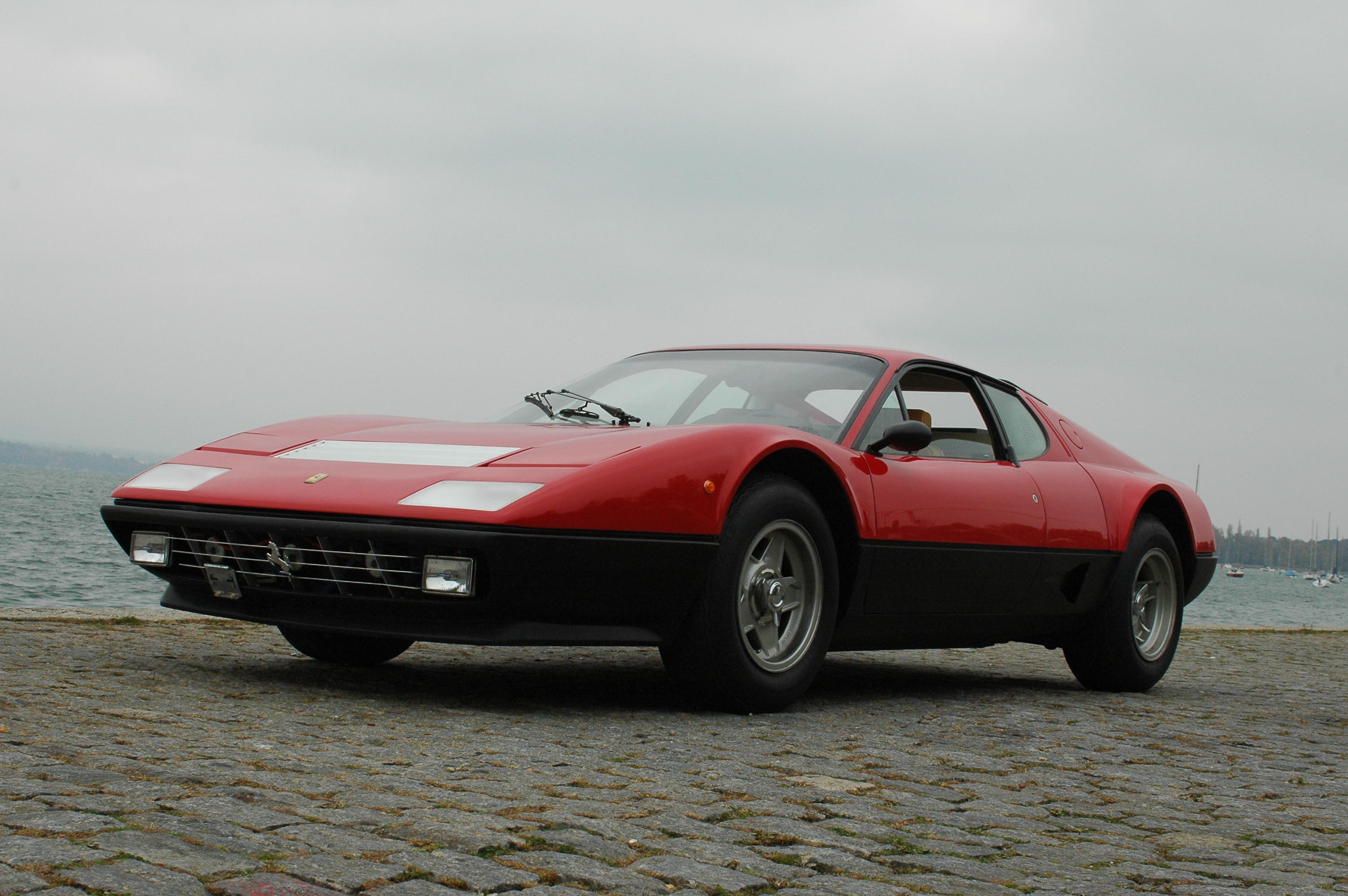
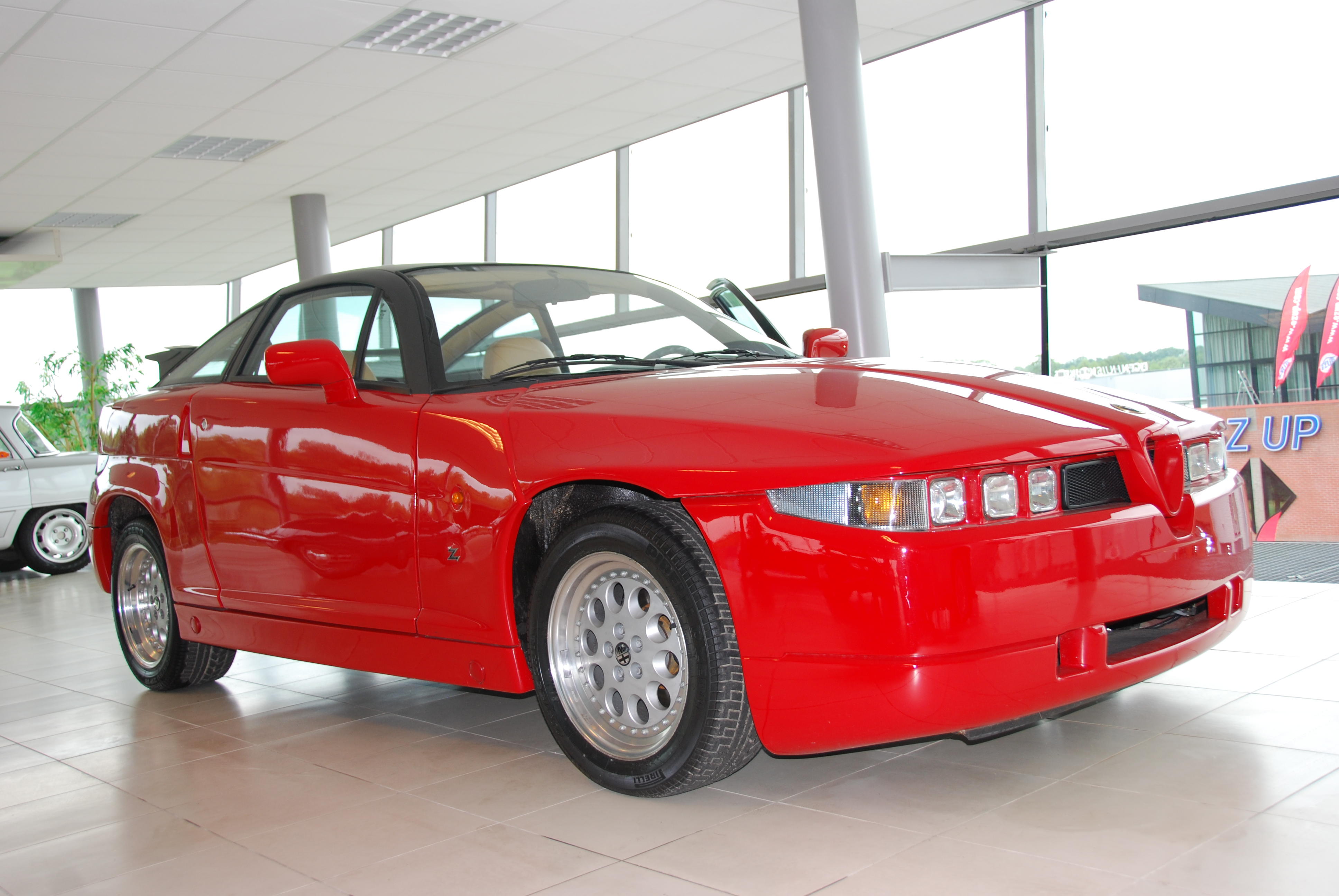
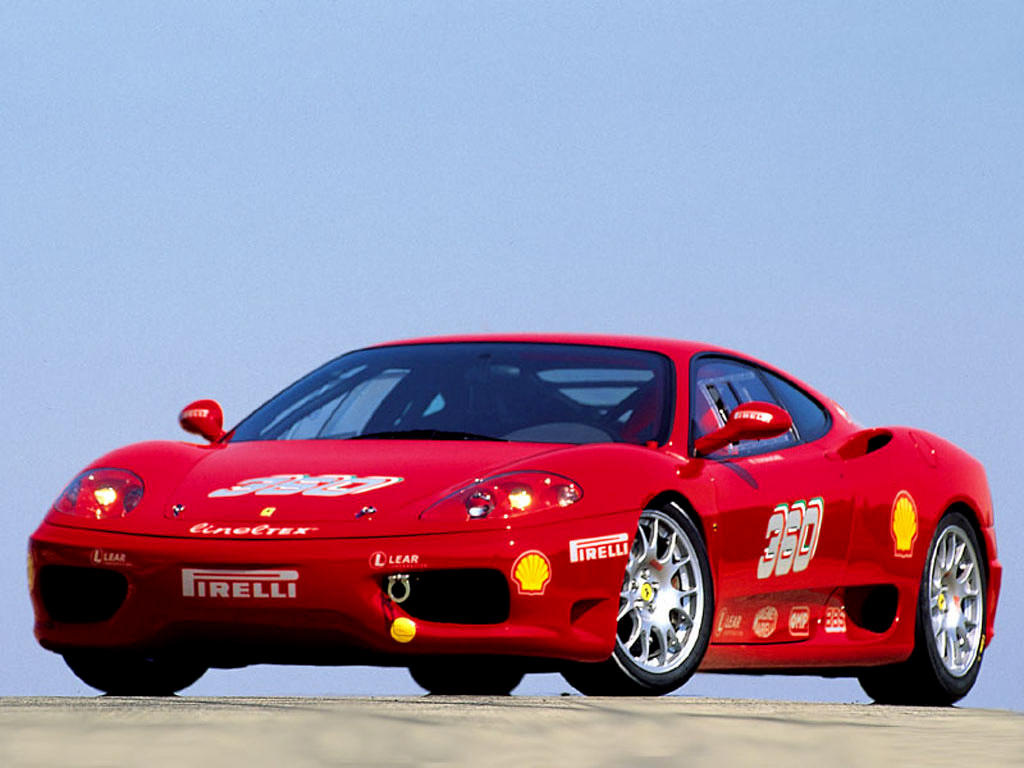
Testen Sie LotSearch und seine Premium-Features 7 Tage - ohne Kosten!
Lassen Sie sich automatisch über neue Objekte in kommenden Auktionen benachrichtigen.
Suchauftrag anlegen